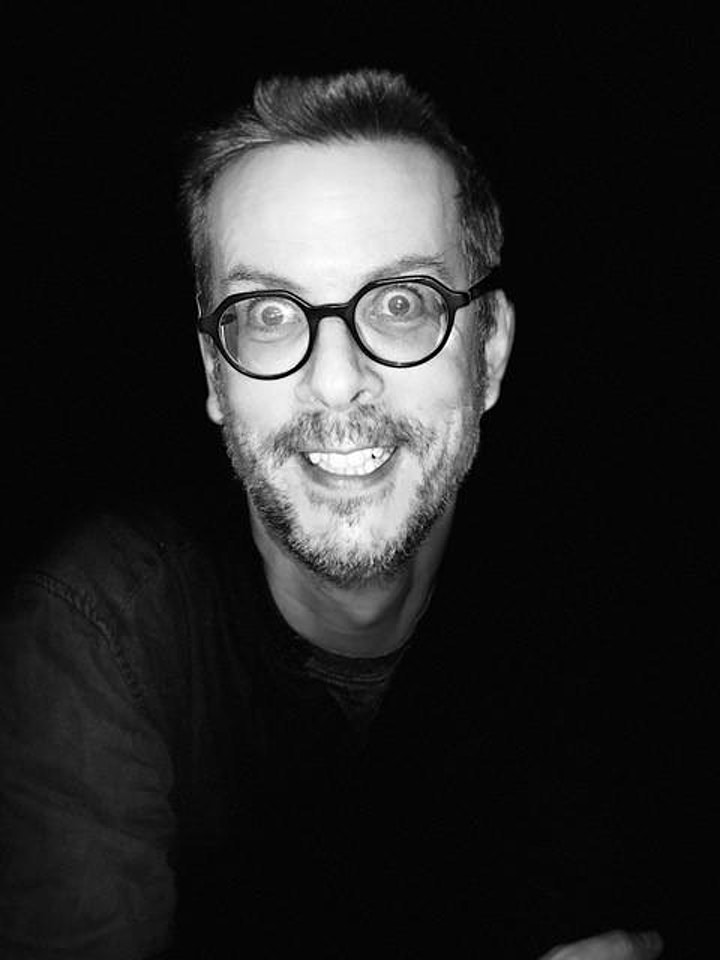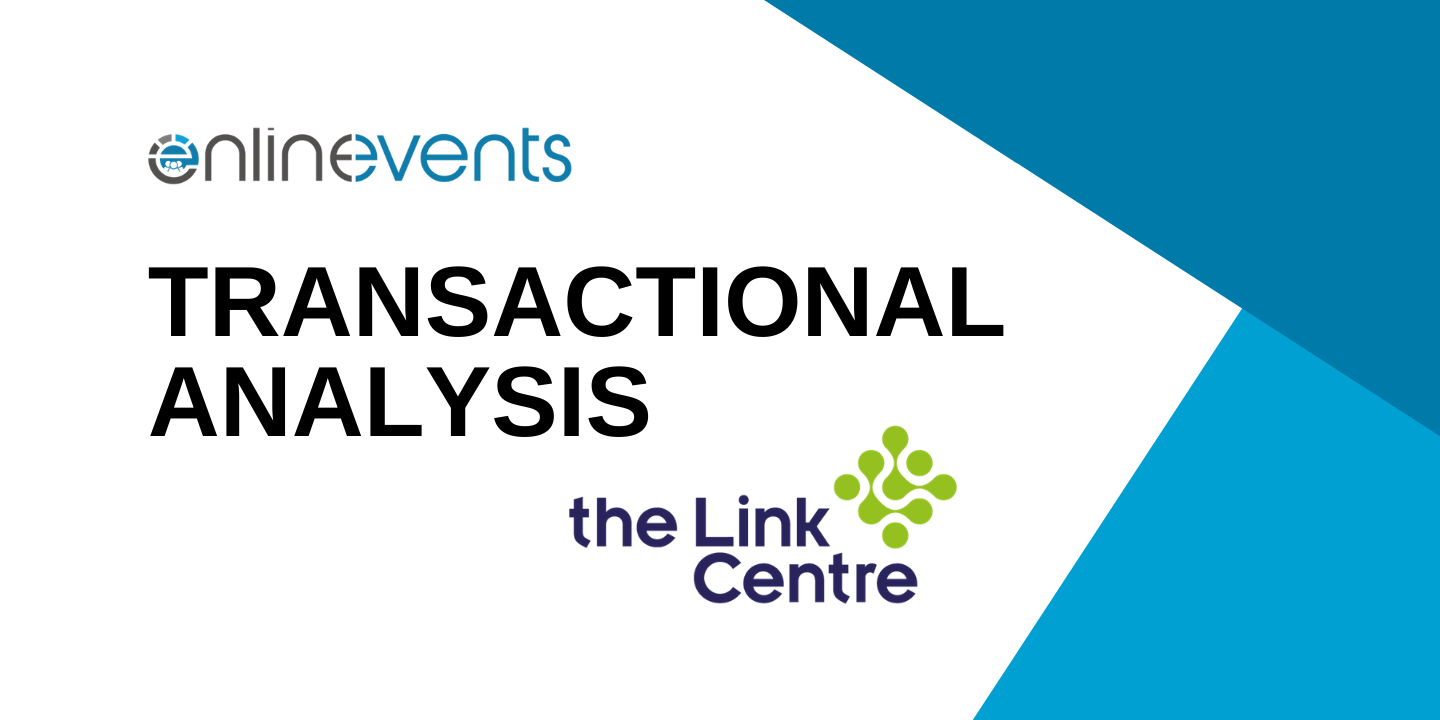The Drama Triangle is a powerful tool for understanding how we can get into unhelpful patterns with other people where we become caught up in the role of either Rescuer, Persecutor, or Victim. We’ll begin with a brief overview of the Drama Triangle. and then move on to explore the idea of its “life support system”. That is, we will be asking, what, for each client, are the ideas and people (both past and present) that have the effect of encouraging them to act as if adopting the Victim, Rescuer, or Persecutor roles will help them to solve problems in their lives.
The workshop will:
- provide a concise introduction / refresher on the Drama Triangle
- describe some practical ways of using the Drama Triangle with clients focussing on understanding why the roles can feel so appealing
- introduce the idea of the “life support system” for the Drama Triangle and talk about the potential benefits of separating the person from the problem
- explore how therapists can also get gripped by the Drama Triangle roles: we can Rescue clients (by being over-helpful), become Victims (when we feel useless and unable to help), and even Persecute (when we get frustrated with our clients)
- discuss ways that both clients and therapists can step off the Drama Triangle and construct “life support systems” for preferred ways of solving problems in our lives and our therapy rooms.
The workshop will draw on some theoretical ideas from Transactional Analysis theorists (Stephen Karpman, Fanita English, Sue Eusden) as well as drawing on the tradition of Narrative Therapy (Michael White and others).
The workshop will mix teaching, Q&A, and some brief exercises. No prior knowledge of the Drama Triangle will be assumed. This workshop explores different material from Matthew’s earlier (Jan 10th 2022) Drama Triangle workshop, so it’s suitable as a standalone session or for previous attendees wanting to learn more.
Course Content
Presenter

Matthew Elton, DPhil, PG Dip (TA Counselling), BACP Registered
Matthew Elton is a psychotherapist based in Edinburgh and has been in private practice since 2005. He works with a wide range of clients and has a special interest in writers and artists. His formative training was in Transactional Analysis and he has since developed a strong interest in Narrative Therapy. Matthew regularly delivers talks and workshops in Scotland and across the UK on therapy practice and related matters.
This year he published Talking It Better: From Insight to Change in the Therapy Room (PCCS, 2021).
Before becoming fulltime as a practitioner, Matthew was an academic working on the philosophy of mind at the University of Stirling, then a manager in the charity sector. He is the author of a well-received volume on the philosopher Daniel Dennett for Polity’s Key Contemporary Thinkers series, published in 2003.


